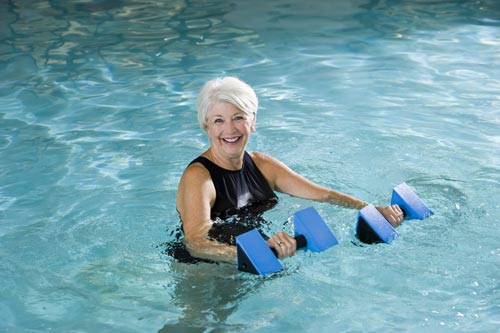
Night Time Dip Getting On Your Nerve Pain.
I recently posted about disc pain disturbing your sleep. Back related nerve pain can too. I recently had a patient attend for physio from Melrose Park. He had a sharp, burning like sensation running down his leg. It was causing some numbness, as well pins and needles, down the outside of his leg. It can also cause weakness. When it runs down your leg we typically refer to it as sciatica, as it is often the sciatic nerve that is affected.
The symptoms can be worse at night for a few reasons. If there’s a problem with a disc which is putting pressure on the nerve, and that disc problem gets bigger over night (as discussed in a previous article), then more pressure on the nerve equals more of the symptoms felt down your leg, or arm. Another reason is the circadian rhythms of your body. What are they? They are the natural patterns that your body follows in a 24 hour period. One of those patterns affects your blood pressure. Your blood pressure naturally is lower in the small hours of the morning, it takes a dip. The nerves need adequate blood pressure to help maintain their health. Now the health and conduction of the nerve may already be affected by a structure at fault in your back or neck. But add to that the natural dip in blood pressure around 4am, and you are in more pain.
I explained this to a patient once and he had the thought that maybe if he ate more salt it would increase his blood pressure and this would help. Now I’m not a dietician, or a cardio vascular specialist, but my guess is that this isn’t the answer. My approach at Health Moves Physiotherapy in Edwardstown and Mawson Lakes would be to treat the structures at fault, unload and provide the right environment for the health and conduction of the nerve, and encourage you to speak with your GP about some medications to help too. There are exercises that you can do to help slide and glide the nerve and help free it from the structures that may be putting pressure on it.
Andrew Scott
Physiotherapist

